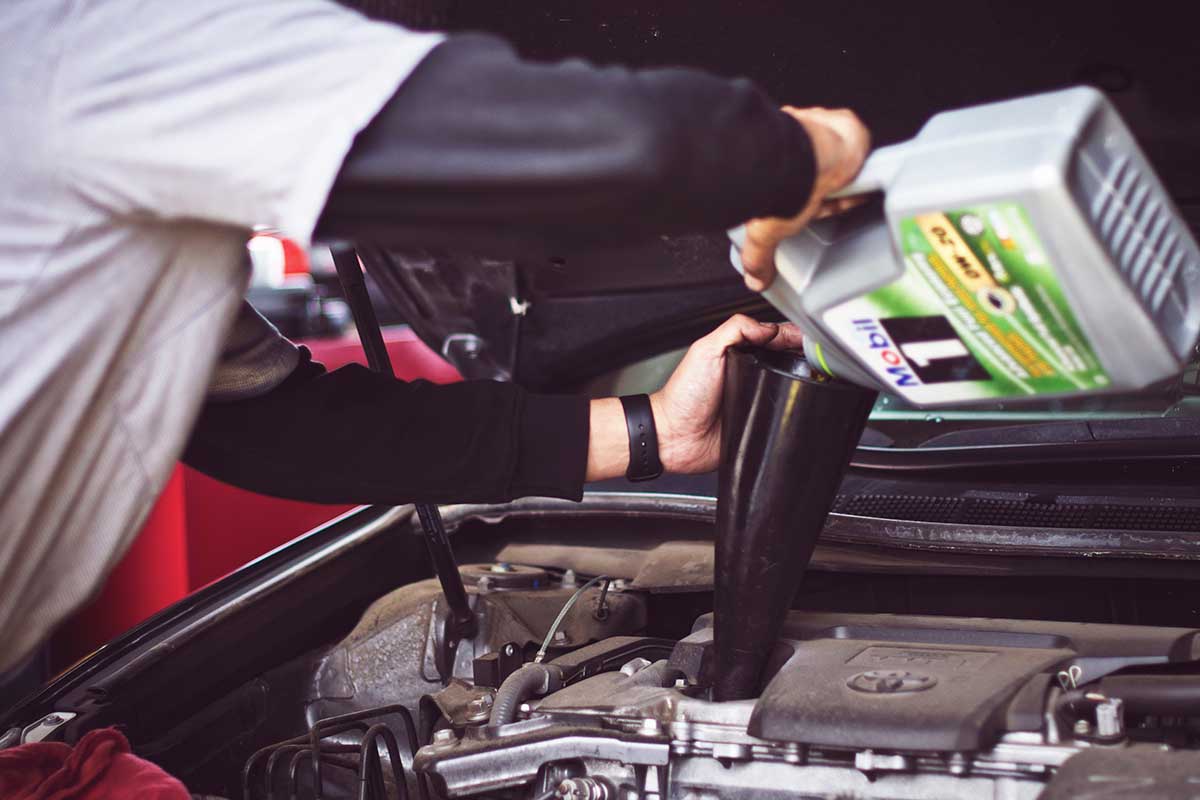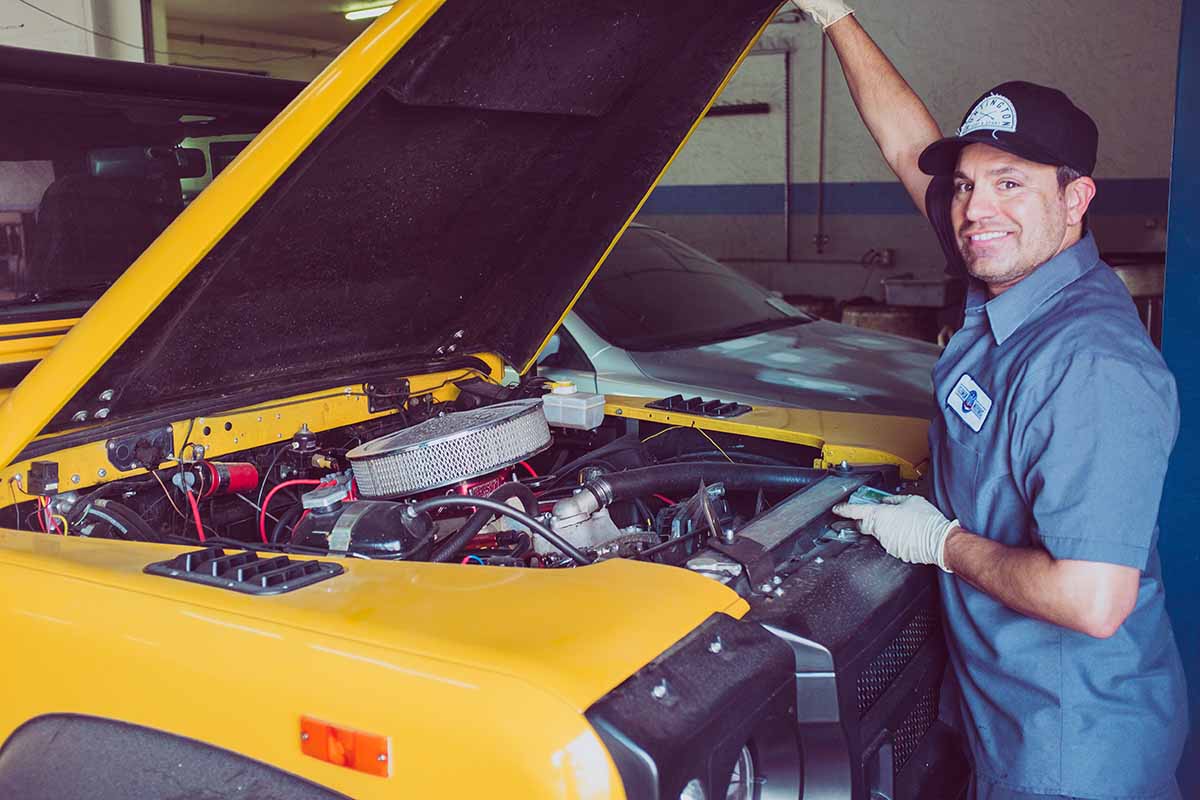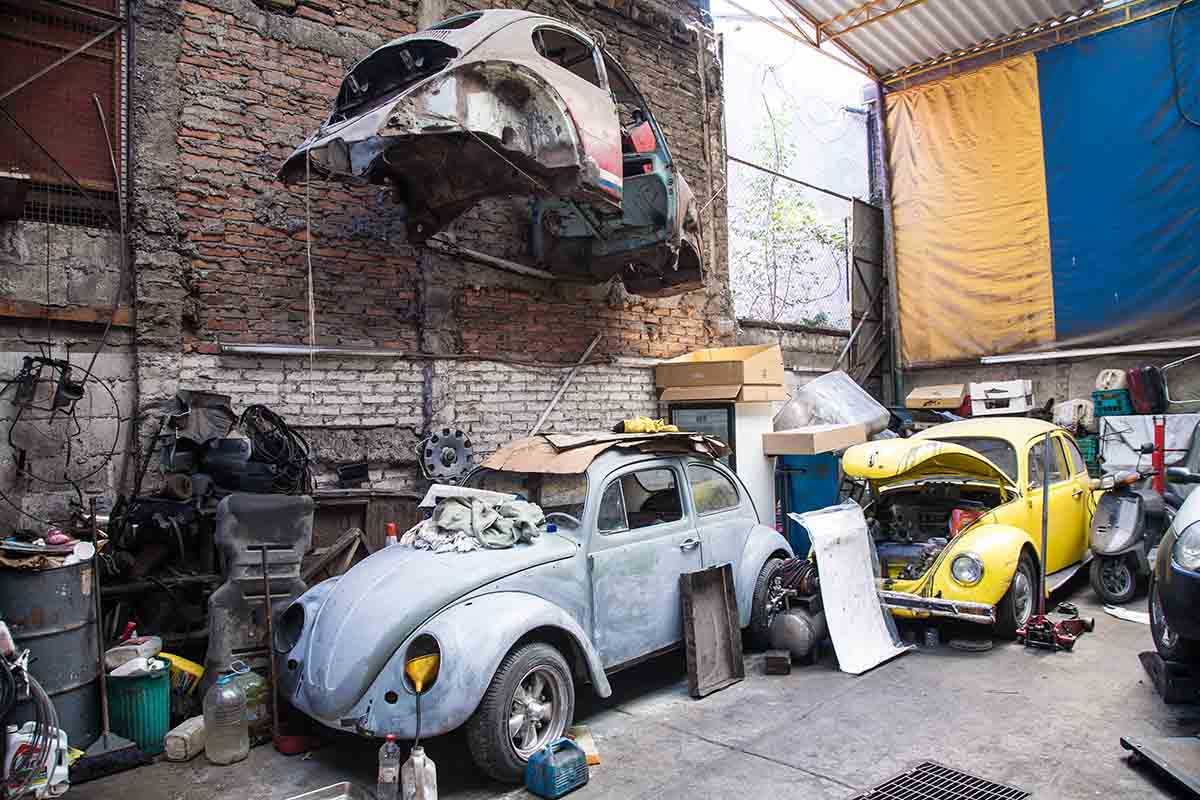The Worst Car Maintenance Tips You’ll Ever Hear In Your Life
Everyone thinks they know a bit about car maintenance. Fill the engine with oil, replace work pads, clean out the fuel lines – you know the drill. But sometimes amateurs hand out bits of advice that are just hilariously bad.
If you were actually to follow through on what they say, you’d end up wrecking your vehicle and possibly invalidate your warranty or insurance. Here are some of the worst car maintenance tips and hacks you’re ever likely to hear in your life. Some of them are downright funny.
Use Dish Soap To Clean Your Car, It’s Cheaper
Dish soap is cheap, and that’s a good thing. You don’t want to spend a fortune every time you do a bit of washing up. But using it in your car is not advisable. Why? Simple: modern car paints contain elements that dish soap can potentially harm.
For instance, many manufacturers include small amounts of wax in their formulations, designed to give vehicles extra sheen. Dish soap contains factors that strip this wax from the surface of your vehicle, leaving it looking dull and lifeless over time. Sure, washing your car with dish soap once or twice during its lifetime probably won’t make much of a difference. But doing it continuously will eventually lead to damage to the external shell.
Letting The Rain Wash Your Car For You
Just because rain is wet doesn’t mean that it’s cleaning your car thoroughly. What’s more, downpours sufficient to actually have an effect might not come along very often.
During the intervening period, dust, pollen, and dirt have time to accumulate and eat away at the bodywork underneath. Remember, nature constantly tries to turn your vehicle to dust, reducing its value. So leaving dirt on the exterior is never a good idea.
Eventually, it will cause harm. If you want more valuable tips for your vehicle, you should follow this winter car maintenance checklist!
To prevent this, take your vehicle to the car wash at least once per month. Ideally, you’ll want to clean it from top to bottom every few weeks. Don’t forget to wash your car in the winter as this is a time when salt from the road can cause additional corrosion.
Turning Up The AC To Cool A Sweating Engine
This advice is downright funny because it has the opposite of the intended effect. Running your air conditioning actually heats up your engine more because the excess heat has to go somewhere. It doesn’t just disappear.
Think about it. When you switch the air conditioning on, you pass air through a refrigeration unit which cools it. Refrigerants which now contain the transferred heat circulate around the vehicle to various radiators where they emit their heat to the surrounding environment. The car’s cabin cools down, but the radiators heat up. And since most of them are close to the engine, they can make things worse.
The good news is that the opposite of the above advice might help you if your engine is starting to sweat. Try turning on the air vents in the cabin without engaging the AC. This way, you’ll transfer hot air out of the engine and onto your face. Great in winter, not so good in summer.
Set Tire Pressure Based On The Imprint
If you look at the side of your car’s tires, you’ll notice that they have an imprint, telling you the maximum PSI or BAR. Note the use of the word “maximum.” This is the top pressure that the tires can accommodate, not the recommended inflation level. Don’t follow it.
Instead, if you think you need to pump up your vehicle’s tires because they’re looking a little low, check the manual that came with your car. This should tell you how much you need to inflate. If you over-inflate, you’re much more likely to experience a blowout. Just driving over a speed bump could lead to an explosive flat.
Use Hot Water To Defrost The Windshield
Using hot water to defrost the windshield is one of the craziest pieces of advice that you’ll ever hear. The idea is to boil a kettle and then pour it over any frosted up sections of your vehicle. Hot cancels out cold, right?
Well, not so fast. It turns out that pouring hot water on a windshield that’s been cold all night can cause thermal shock. Some parts of the glass expand faster than others, leading to points of stress that could cause cracking.
Try using a defroster instead. This is a much more sensible approach since it doesn’t rely on the use of heat. Instead, it uses chemicals to lower the freezing point of water, so any existing frost turns to liquid.
Flushing Your Engine With Water
You sometimes hear of dodgy dealerships in lemon law cases flushing engines with water. The idea is to purge all the “bad stuff,” as some sort of medieval exorcism. However, that’s not how engines work. Infact, flooding them with water is one of the worst things that you can do. After all, engines rely on combustion, and water has a knack for putting out flames.
If you attempt to flush your engine with water, you’ll destroy it. It probably won’t turn back on. And even if it does, it’ll feel clogged. Instead, if you need to flush it out, take it to a mechanic. They’ll be able to make various recommendations.
Investing In A Beaten Up Classic
Many people love the idea of buying a beaten-up classic and then investing in it to bring it up to standard. With so many TV shows, apparently showing how easy it is, everyone thinks they can do it.
Unfortunately, that’s not how things actually work in reality. It turns out that it is frighteningly expensive to do up a classic car, and it can take upwards of a year. Furthermore, most mechanics don’t actually know how to perform services on old engines and parts. What you really need are specialists who understand the market.
So, which of these car maintenance tips have you heard during your life? And are you guilty of trying any of them?




















